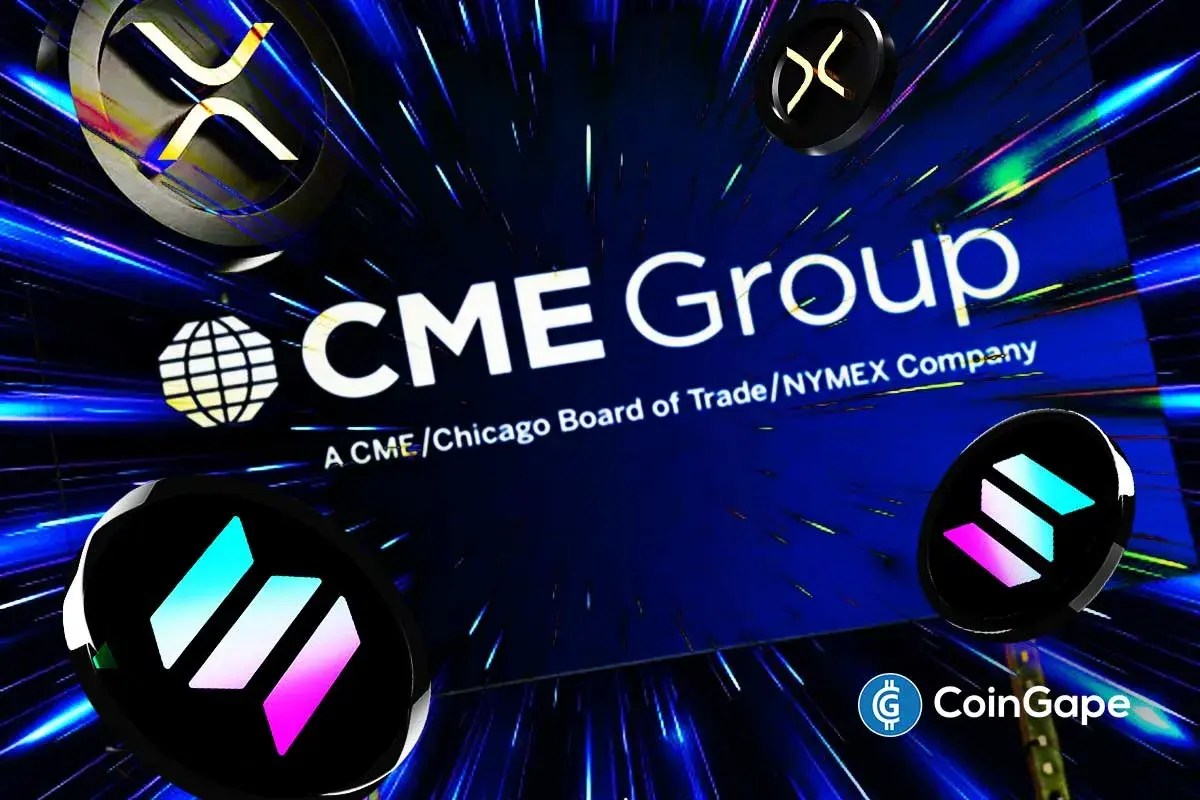Amazon, Google, Microsoft Stall India Data Center Plans Over Tensions
TLDRs;
- U.S. tech giants Amazon, Google, and Microsoft have paused new India data center leasing deals amid rising trade tensions.
- Policy uncertainty, export controls, and tighter visa rules have slowed hyperscale expansion plans in the country.
- India’s data center market remains strong, projected to triple in capacity by 2030 despite the temporary pause.
- Firms expect to revisit deals in 3–6 months once U.S.-India trade and regulatory issues show signs of stabilization.
Major U.S. technology firms including Amazon, Google, and Microsoft have reportedly paused new data center leasing deals in India as trade and policy frictions between Washington and New Delhi intensify.
The decision marks a cautious recalibration by America’s largest cloud providers, who are waiting for greater clarity on trade relations and export rules before committing to multi-billion-dollar infrastructure projects.
Industry insiders told CNBC that negotiations for large-scale data center leases have been stalled for over two months. These hyperscale contracts, typically spanning multiple years, are now being reassessed amid concerns that shifting U.S. policies could impact the economic viability of long-term deals.
Caution Amid Policy Shifts
According to industry sources, the hesitation stems from uncertainty around potential export controls and visa regulations.
Coincentral recently reported that new U.S. measures, such as stricter visa requirements and increased H-1B fees, have complicated the hiring and deployment of tech talent, prompting firms to rethink global investment strategies.
While India remains one of the fastest-growing data center markets globally, the political environment has introduced a layer of unpredictability that even large-scale cloud providers are reluctant to overlook. The reassessment also aligns with broader corporate caution across the tech sector, where firms are weighing capital efficiency and geopolitical risk more closely than ever.
India’s Data Center Growth Still Robust
Despite the pause, the fundamentals of India’s data center market remain strong. Current capacity stands at roughly 1.2 gigawatts but is projected to surge beyond 3.5 gigawatts by 2030, according to data from Anarock Capital.
Hyperscalers , including Amazon Web Services, Google Cloud, and Microsoft Azure, already account for about 30% of India’s total demand, a share expected to rise to 35% within the decade.
Investors say the current standstill may slow short-term leasing activity but is unlikely to derail India’s broader growth trajectory.
The underlying drivers , including rapid digitization, expanding AI workloads, and local data sovereignty laws, continue to attract global players eager to establish or expand their presence in the region once uncertainty clears.
Eyes on Future Trade Talks
Industry stakeholders are now closely watching upcoming U.S.-India trade discussions, which could help determine the fate of delayed deals. Any sign of easing in export restrictions or tariff disputes might prompt hyperscalers to resume negotiations within the next few months.
In the meantime, data center developers and landlords are adjusting expectations, bracing for a temporary slowdown in new lease signings. Yet optimism persists that once the geopolitical clouds lift, demand for hyperscale capacity in India will rebound swiftly.
Until then, the balance between India’s strong market fundamentals and the headwinds of international trade policy remains delicate , leaving some of the world’s largest tech companies waiting on the sidelines for the right moment to move.
The post Amazon, Google, Microsoft Stall India Data Center Plans Over Tensions appeared first on CoinCentral.
You May Also Like

Goblintown announces the launch of the GobStrategy deflation strategy

CME Group to Launch Solana and XRP Futures Options
